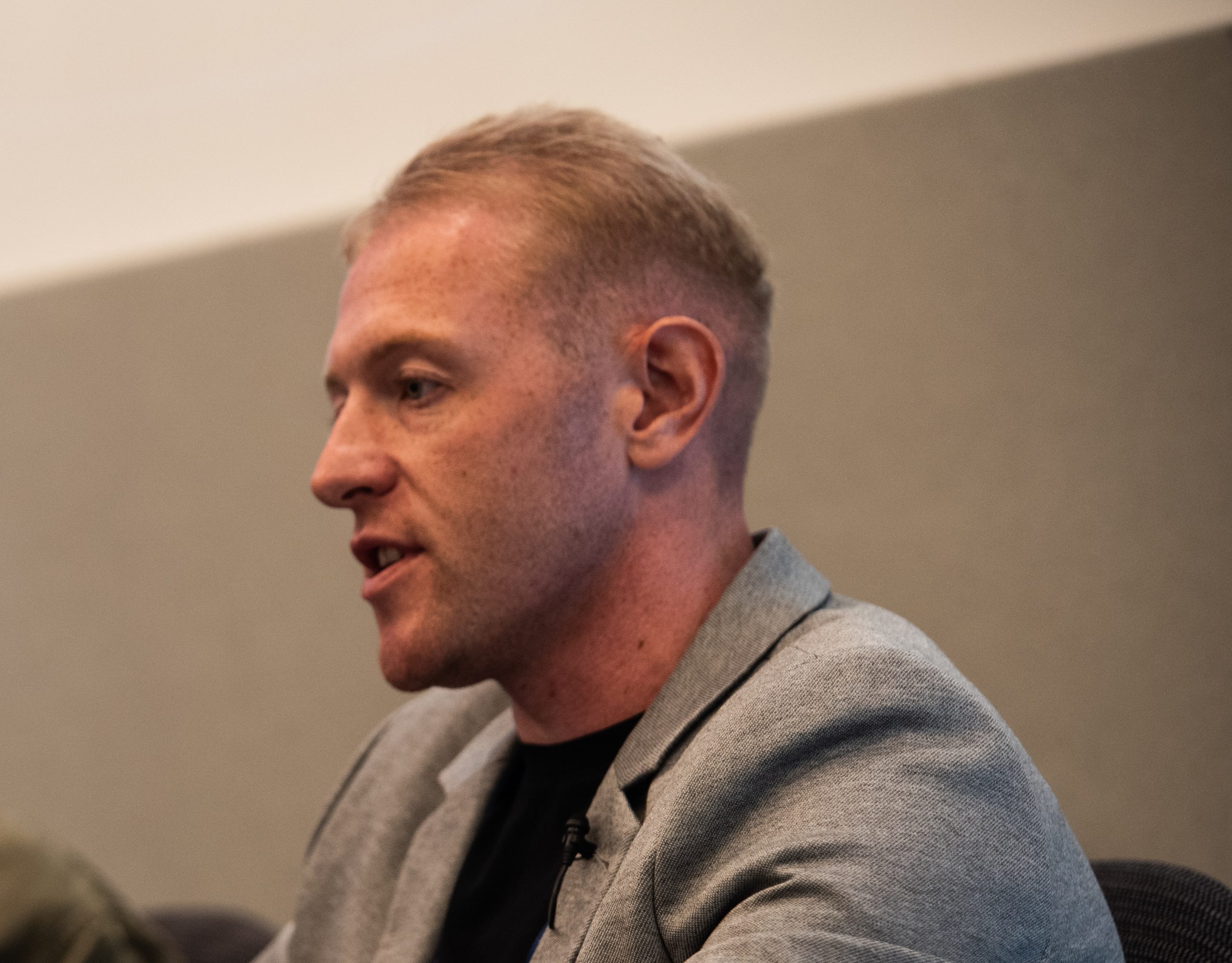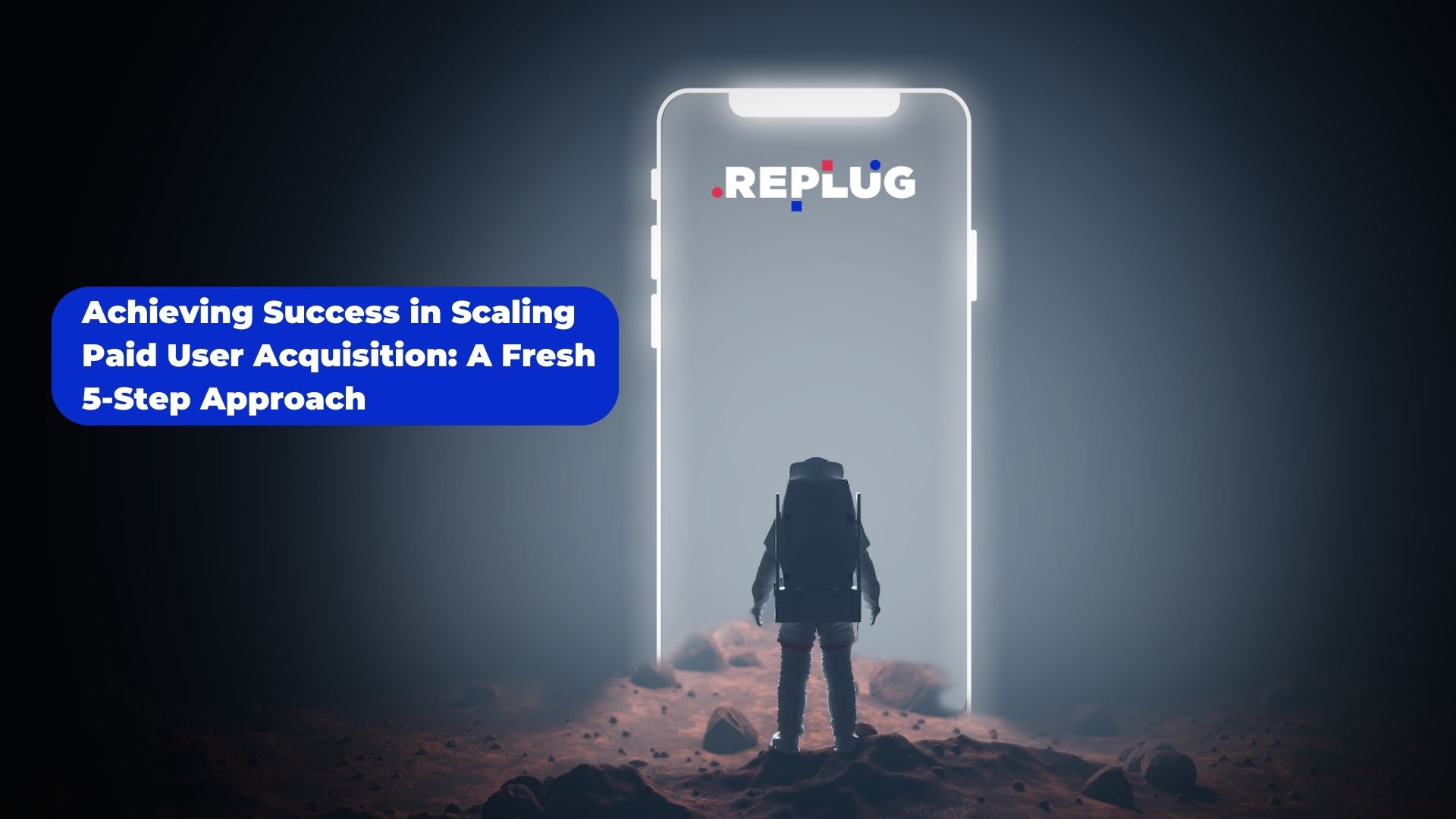Mobiles Big Moment: Election 2008
- Wednesday, November 5th, 2008
- Share this article:
Following Barack Obamas stunning US Election victory, in which mobile played no small part, Airwide Solutions Vice President of Product Marketing, Chris Lennartz, offers advice on what marketers can learn from his campaign

On many levels, the 2008 Election has been a groundbreaking moment in US history. Certainly, in terms of campaigning, it has been anything but conventional. Much of that credit must be given to wireless technology – specifically mobile messaging. While grassroots campaign efforts certainly got their start four years ago with Howard Deans ability to raise unprecedented donations on the web, technologys impact on the 2008 Election will undoubtedly be remembered, in large part, for the role mobile played in getting out the vote, transforming group messaging and setting new standards for SMS use by everyday citizens and political figures.
For example, at $1.26 (0.80) per voter, mobile campaigning has proven a more cost sensitive, yet highly effective, alternative to traditional campaigning methods, such as automated calls and door-to-door canvassing (which cost around $20-$30 per voter). In fact, a study by researchers from Princeton and Michigan Universities, together with the US Student Public Interest Research Group (PIRG) New Voter Project Mobile Voter and Working Assets found that text message reminders to new voters increased an individuals likelihood of voting by close to 5 percentage points. This is an increase similar to quality phone call reminders. but at a fraction of the cost.
And of course, Presdient-elect Obama used mobile with a vengeance, developing a mobile page that allowed US citizens to download ringtones and wallpaper, sign up for Twitter feeds and receive text alerts about policy and campaign events. He even registered 62262, which spells Obama as a shortcode.
So what can brands learn from the lessons of the 2008 Election? Here are my top five takeaways for mobile marketers looking to generate the same kind of success in their 2009 mobile marketing campaigns:
1. The power of the message lies beyond 160 characters: One of the best tactics of savvy political campaign managers has been the use of embedded links in each message that direct to a candidates homepage. Marketers should consider doing the same by directing consumers to their brands web site where they can access product information, promotions, sign-up to receive other types of mobile content and alerts or even make purchases.
2. Tap into MMS: MMS carries huge potential for political campaigns with the dissemination of video and photos of political rallies and speeches. As more video enabled handsets come to market, brands should consider tapping into MMS to link consumers to their products more interactively, creating even stronger one-to-one connections with customers.
3. Demographic targeting: Operators are now able to tap into more demographic information than ever before. Political campaigns have utilized these features to target voters in particular cities, regions or with specific issues in mind. Marketers can and should do the same. With location-based services becoming more commonplace on phones, the ability to deliver targeted messages will be one of the biggest enhancements to mobile messaging in the near future.
4. Real time voting and polling: Throughout the campaign, many news organizations have offered viewers live polling numbers based on call-to-action campaigns issued on-air. Operators ability to handle massive spikes in traffic around these messaging campaigns is better than ever before, and marketers should take advantage of real-time polling and voting to gauge consumer sentiment in connection with other parts of its advertising campaign (e.g. the launch of a new Superbowl commercial, perhaps).
5. Offer premium content and mobile-only promotions: By offering voters a sneak peak at the VP pick, or VIP access to a candidates event, campaigns have been able to gather a huge following, much of which is highly involved in grass roots campaigning (in marketer speak, helping to build the candidates brand). In the same way, marketers can inspire real action among potential customers and cultivate a more loyal base.
















